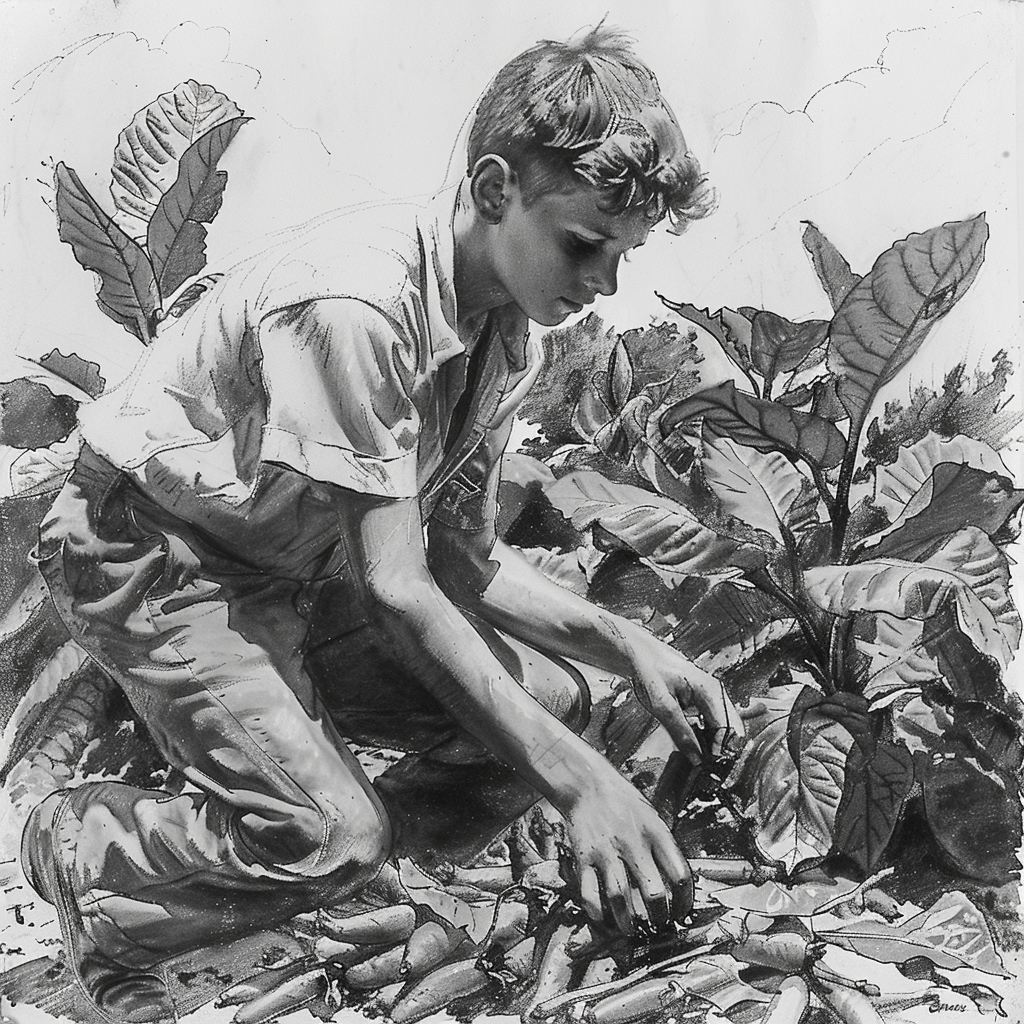The old plant where father worked again was now called ‘Soviet Joint Stock Company.’ The synthetic raw rubber and all other products went to the Soviet Union mainly as reparations.
This post has been moved. Please follow us on Medium to read and/or listen (!) to it in full.
The Bright Side of the Doom, a Prequel to 1984, The 18-Year-Old Who Wrote a Note and Disappeared is now available worldwide in bookstores as a hardcover, paperback, and e-book‼️
